Questions from Melony Hill’s Writing for My Sanity Therapeutic Writing Workshop.
What do boundaries mean to you?
I lived the majority of my previous relationships being criticized for my boundaries, or lack thereof. Not because I was abusive or violent or philandering, but because I was extra. I was too much. I felt as if the amount of time I wanted to spend with the person I loved was too much. That my level of romanticism was overwhelming. That my playfulness was foolish and annoying.
I had the tendency to spiral into codependent relationships, where my hunger for my partner was only exacerbated by their desire to run from me. I felt constricted; trapped. I felt afraid, that my demands would leave me lonely.
Through therapy, I began to learn to love and be confident in myself. I began to appreciate that the “lack of boundaries” not as something that I needed to kick myself over, but as something that someone else might want. Maybe it wasn’t that what I was doing was too much, but maybe I was doing too much for the wrong person.
It took me a long time to come around to that realization. But once I began to appreciate myself and my own giving, it gave me power. It gave me a litmus test to see if someone is a good fit for me. I could relax and not be so manic. I could be calm and not worry where the next bit of affection was going to come from because I could give it to myself. It helped me set boundaries. I began to realize that these boundaries were my values.
Now; one of my boundaries is that if you cannot accept the whole person that I am, maybe you don’t deserve the time and love I have to give. If I cannot be corny and romantic around you, maybe we’re not really meant to be. If I can’t let you know how I feel, maybe we don’t need to be around each other.
Once I started creating those boundaries as expectations for myself, I began to realize that there were other boundaries that I could create. Things I wanted in a partner. Reciprocation. Touch. Affection. Attention. Tenderness. And once I started building those qualifications, I realized that anyone who didn’t meet those wasn’t worthy of my time.
Before this point, I felt like requesting the things that I wanted was conceited, demanding, bossy. I’ve begun to learn that these things are the bare minimum I need to feel loved. To grow.
I realized things like reciprocation, touch, tenderness, affection, and attention were things I could give to myself. Although it was awkward at first, eventually I grew to appreciate my capacity for giving by giving to myself. That only strengthed the boundaries stronger, so that once I met someone who understood and appreciated those boundaries, we connected on an incredibly deep level.
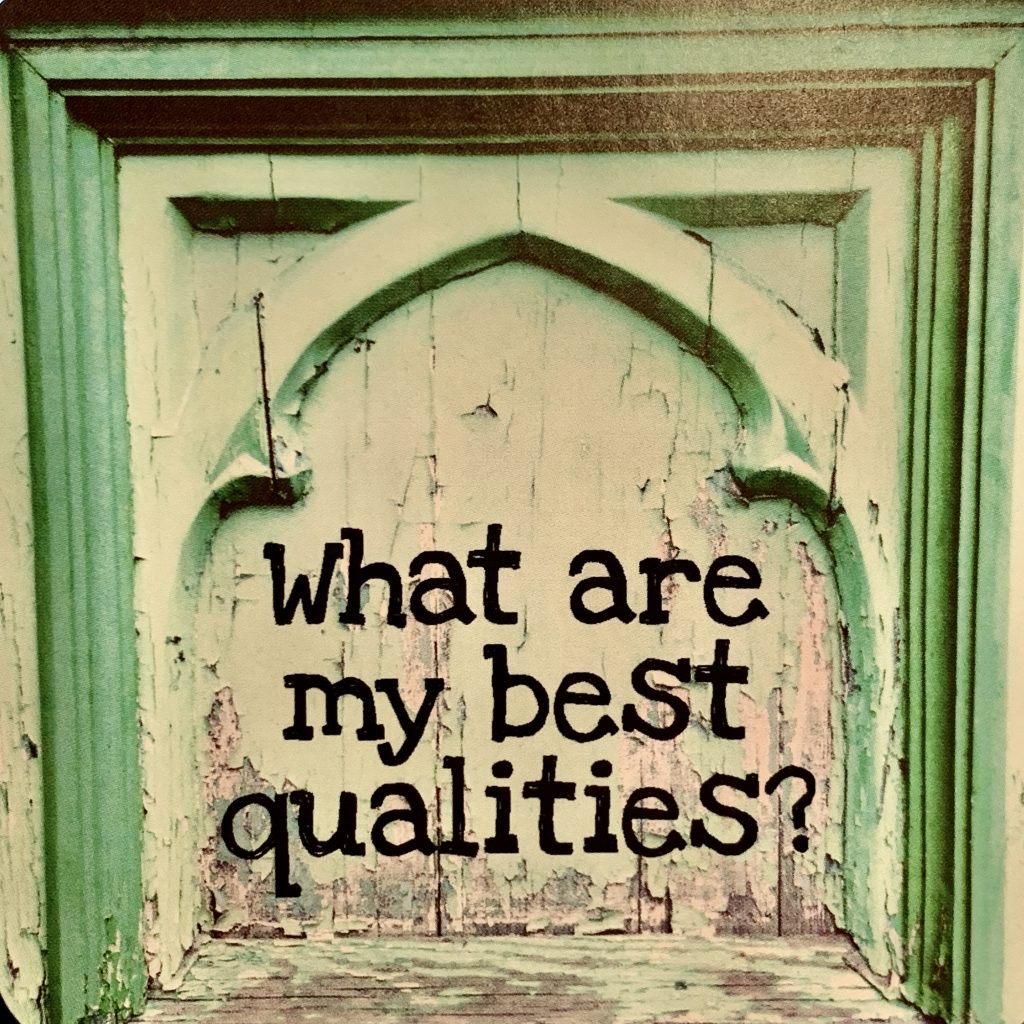
What are my best qualities?
Just today I was talking with my girlfriend about how I had been encouraged by my therapist to love myself and appreciate different aspects of myself.
I like that I give freely. I like that I don’t shy from affection. I like that I can be calm and steadfast. I like that I appreciate small beauties and stop the car to look at pretty trees or the sunset. I like that I can make a client out of any situation if I choose to. I love that no matter how bad the situation is, I can find something special and wonderful in it. I like that I am strong. I like that I am subversive. I like being recalcitrant. I like my beard and my hair. I like that I’m cuddly. I like that I am creative and think of things other people haven’t. I like my eyebrows. I like the intensity and softness of my eyes. I like the depth of my voice.
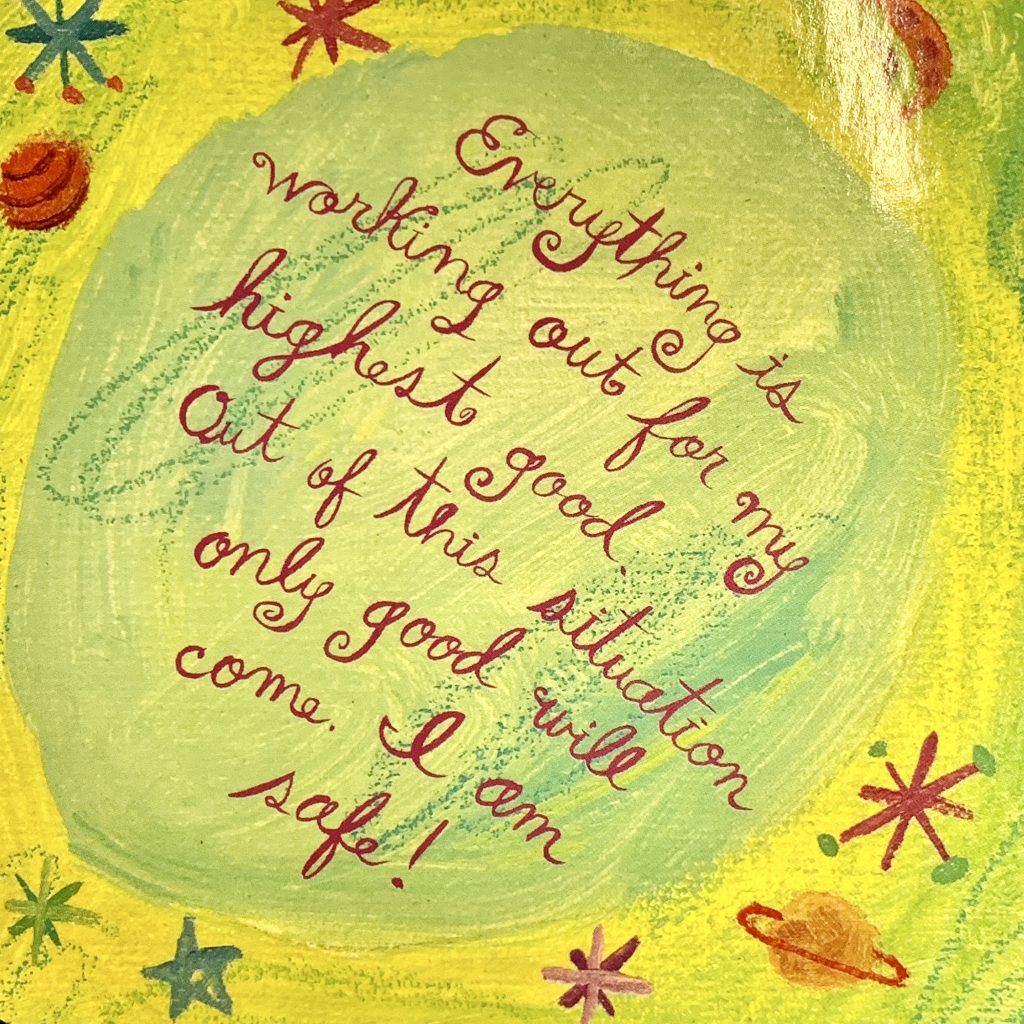
I feel this in my soul. This is true.
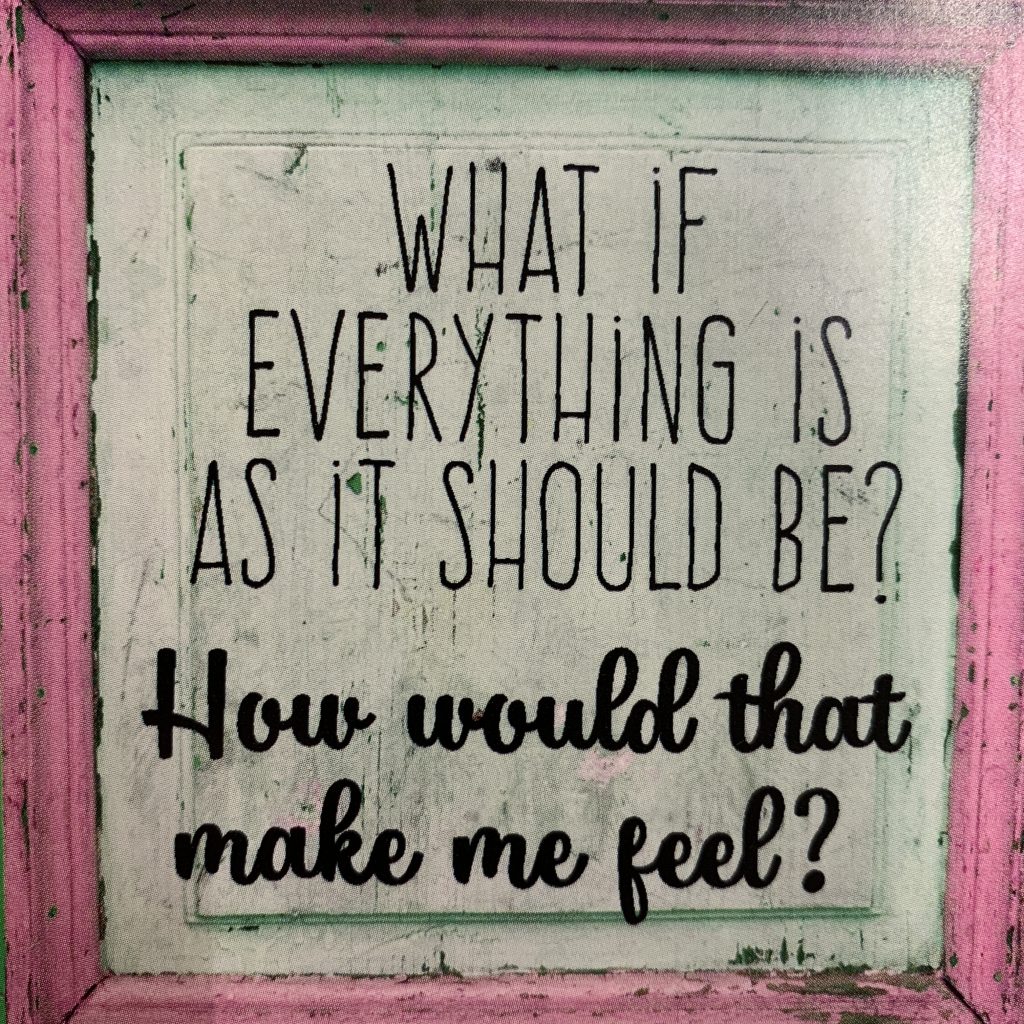
What if everything is as it should be?
Everything… DOES feel as it should be.
I almost feel hesitant to say that. As if some vestiges of my chains of expecting are still lurking in the corner. I know that when shackles come off you, the feeling of metal around your wrists linger for a long time. Sometimes you still feel tied up.
And I know that I must continuously do the work of making sure I unlock myself, stretch, and remember that I have the power to be free.
The doubt may never go away. But the memory that, with work, doubt CAN be overcome, will never go away either.
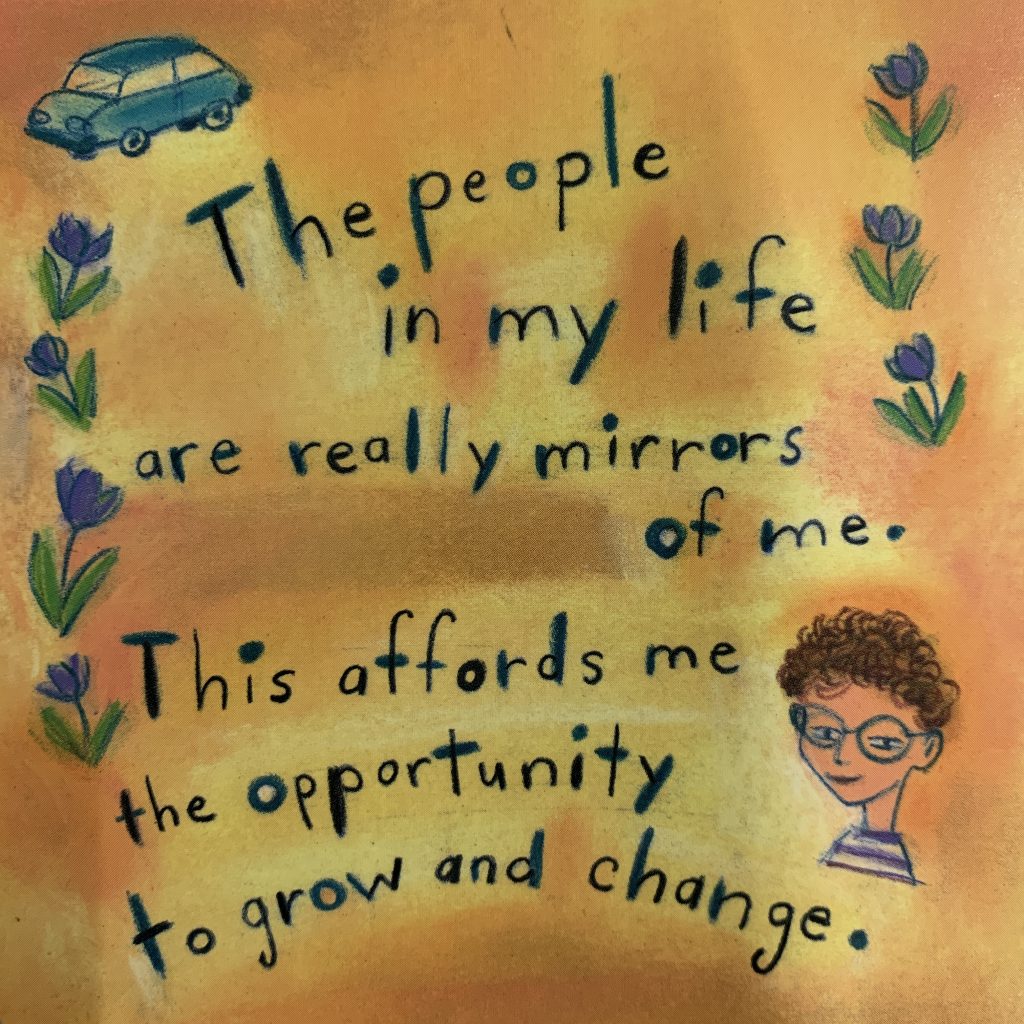
The people in my life are really mirrors of me.
This is completely true. Mirrors don’t always give a very flattering or complementary view of you. And this is not necessarily because you don’t look good, it could be entirely how you perceive yourself. Either way; the people who are mirrors around me can either be reflective of how I actually am, or how I perceive myself.
I’ve thrown out a lot of mirrors since I’ve started looking at myself better.
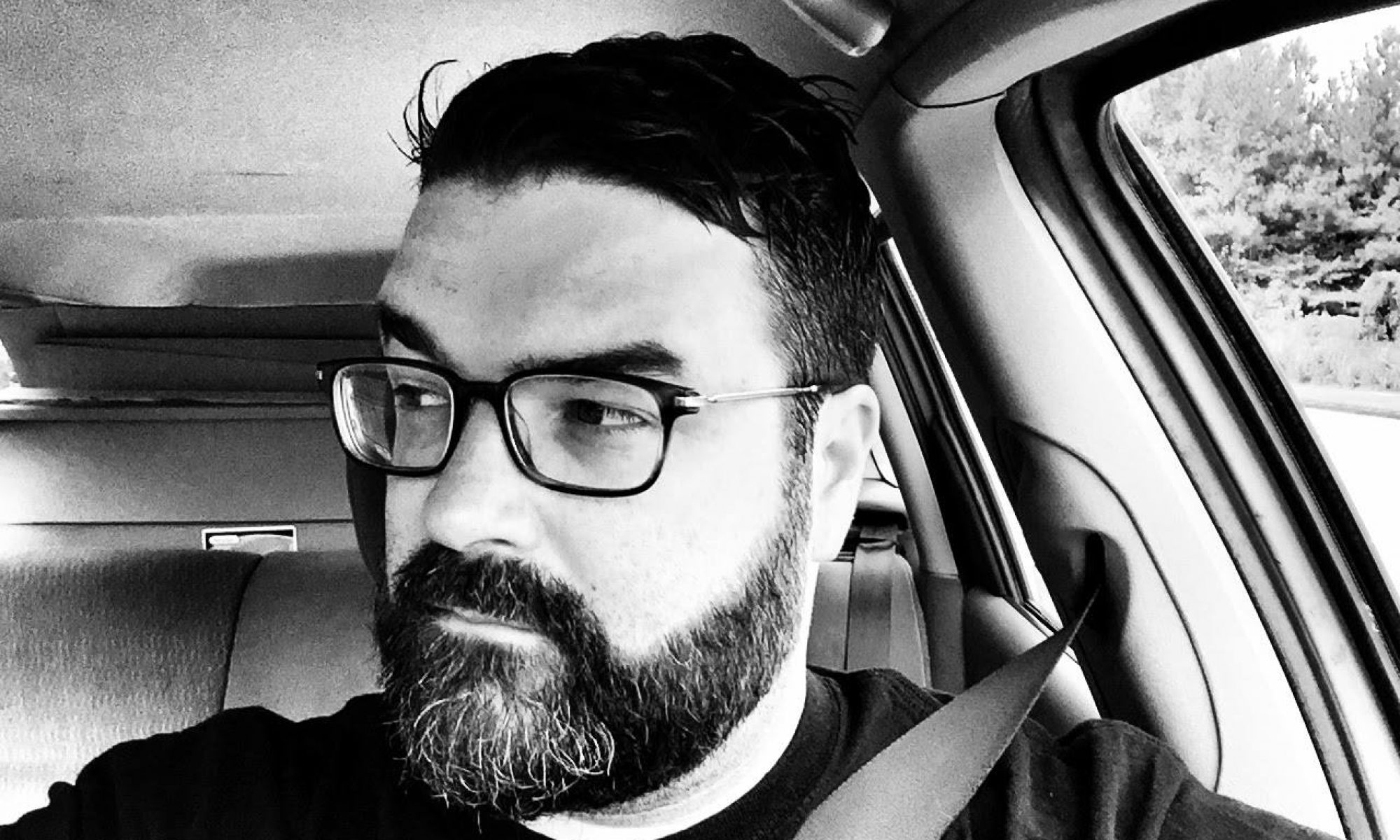
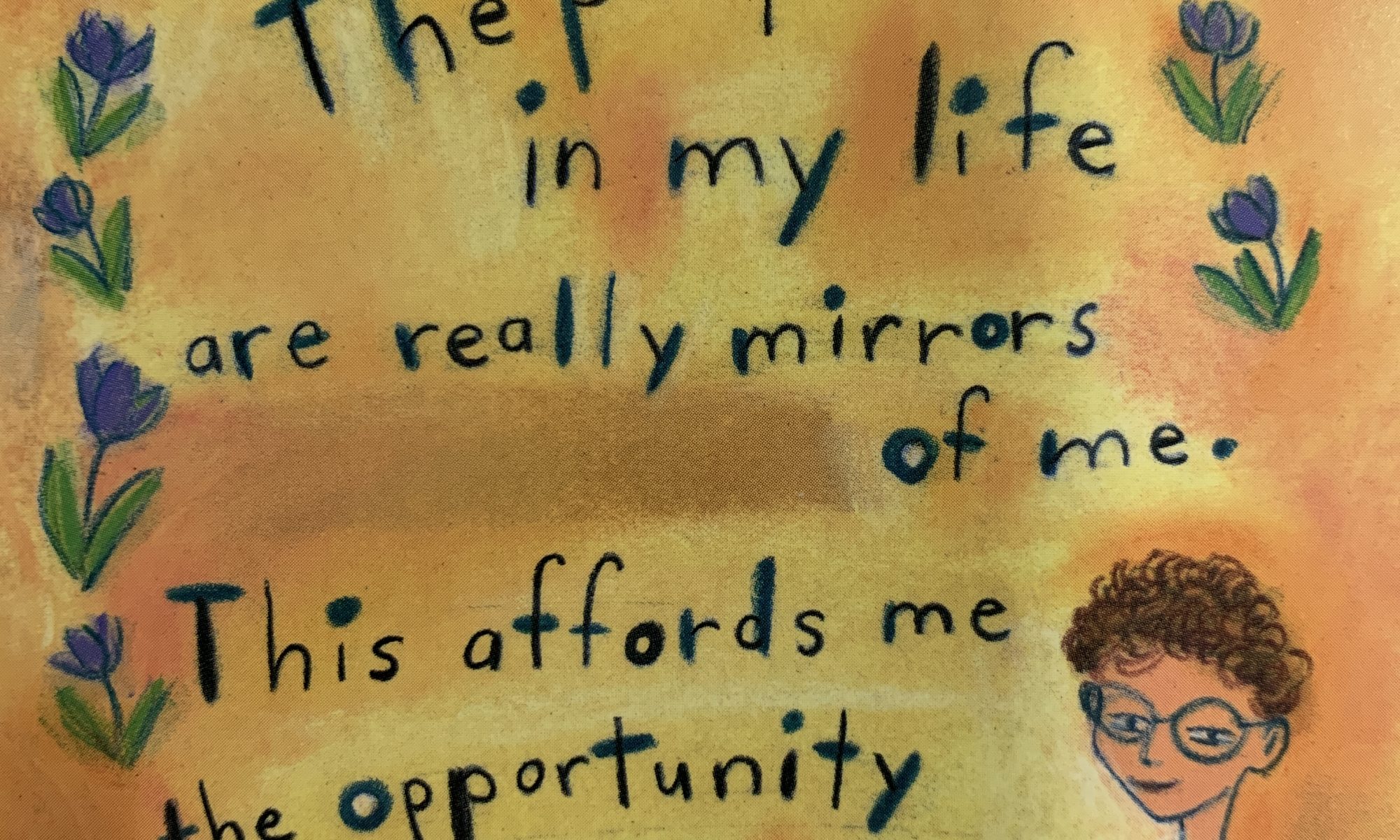
One Reply to “Boundaries, qualities, and mirrors”